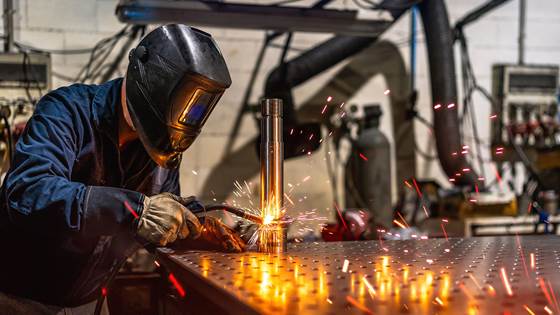
Can hydrogen plasma enable emission-free steel production?
Steel is a cornerstone of modern society, but its production accounts for approximately 7% of global CO₂ emissions.

Steel is a cornerstone of modern society, but its production accounts for approximately 7% of global CO₂ emissions.
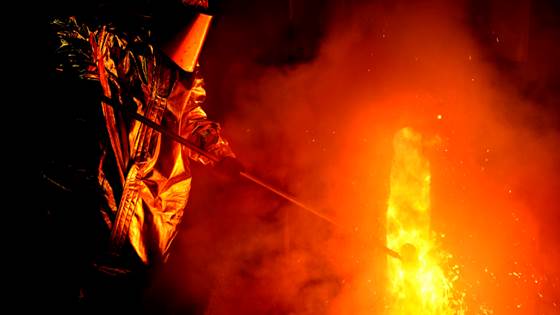
It’s been a mystery for many years: Every day, tonnes of ferromanganese – an important additive in steel – are “locked” in slag on their way out of the furnaces. We are now getting close to solving this problem.
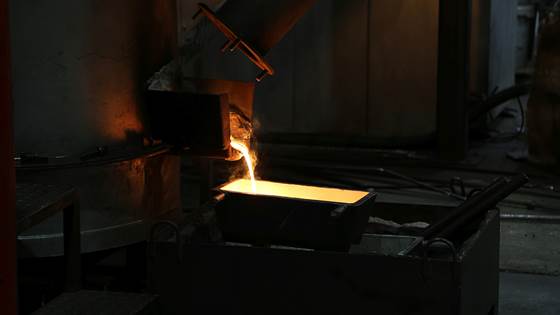
The research center Zero Emissions Metal Production (FME ZeMe) aims to develop solutions that contribute to a carbon-neutral metal industry in Norway by 2050.
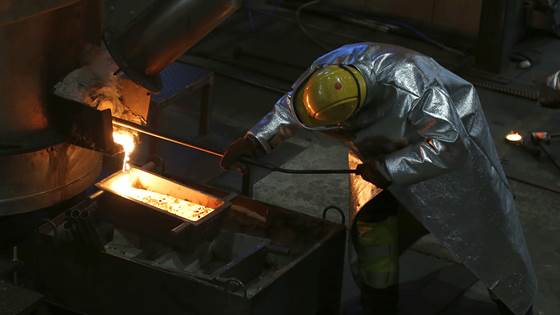
An EU-funded project aims to achieve sustainable production of silicon and manganese by developing a new production method using renewable hydrogen and carbon recycling.
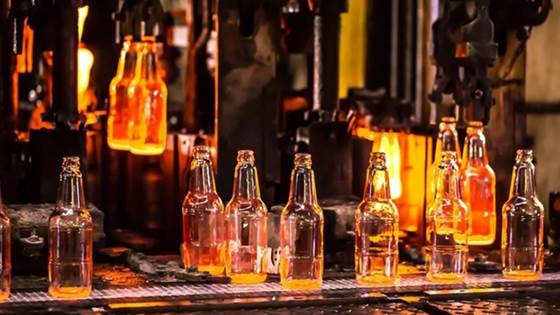
Both the glass and aluminium industries cast glass in furnaces that generate large volumes of greenhouse gases. Researchers believe that replacing natural gas with hydrogen will enable us to remove greenhouse gas emissions and promote smarter...
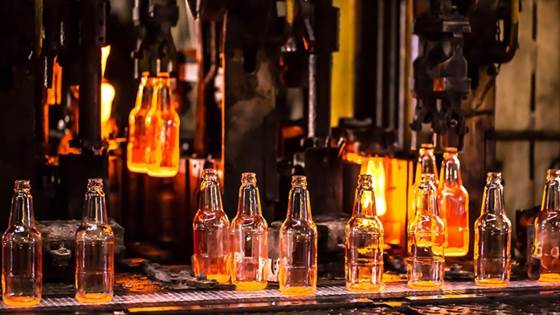
By replacing natural gas with hydrogen and safer and smarter production methods, an EU-funded project will decarbonise the glass and aluminum industry.
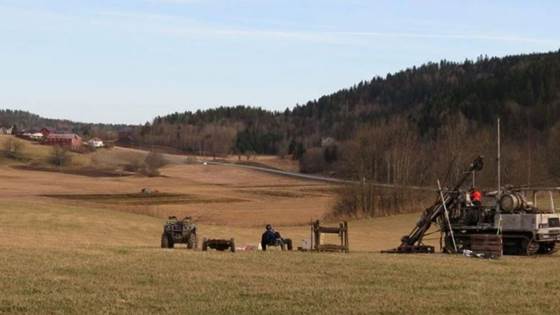
Today, products that utilise rare materials are for the most part manufactured in China. However, the EU has recently decided to boost its raw materials supply security. Researchers and the minerals industry are now looking to Norway.
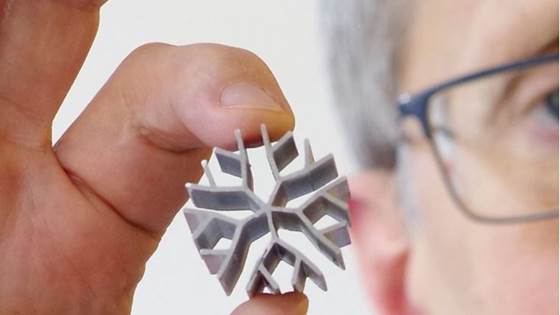
A EU project is dedicated to advancing energy efficiency through the development of innovative and eco-friendly corrosion protection methods, with the goal of replacing steel with aluminum.
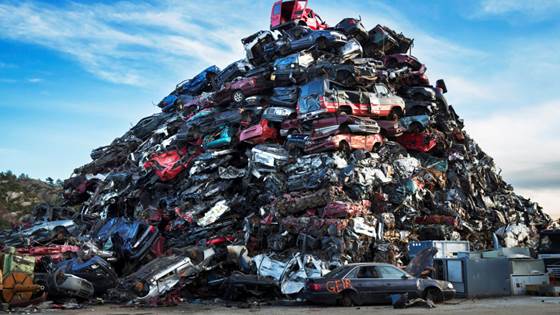
Unless we acquire greater knowledge about what happens at the atomic and molecular scale during materials recycling, progress towards a truly circular economy will grind to a halt.
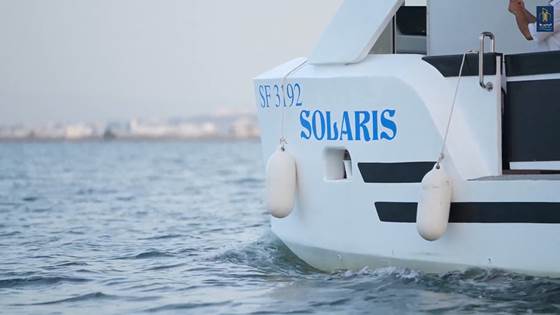
SINTEF has led a project for sustainable maritime transport in North Africa. The result is a transport boat powered by batteries from solar cells.

The Moon’s atmosphere is entirely devoid of oxygen. If humans want to stay there for extended periods, it will be of great benefit to make breathable oxygen there instead of having to transport it from Earth. But is this at all possible?
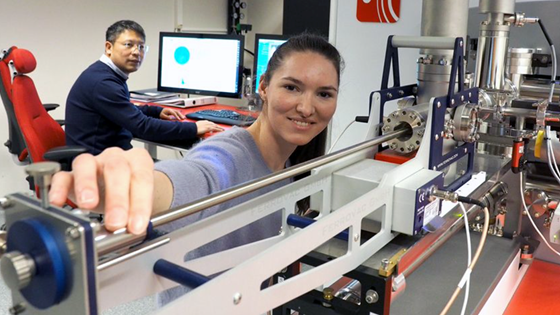
Norwegian industry is shifting towards a greener future. But what does the transition to a greener economy really mean for industry and for consumers?
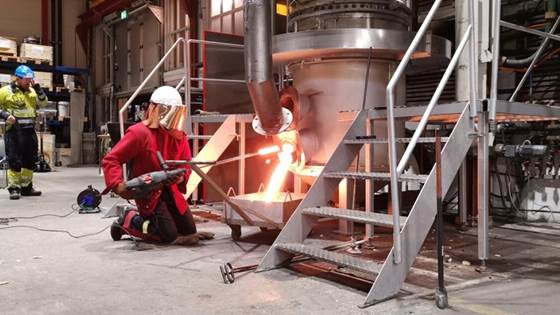
Producing silicon results in large carbon dioxide emissions, but recirculating it can remove contaminants more efficiently.
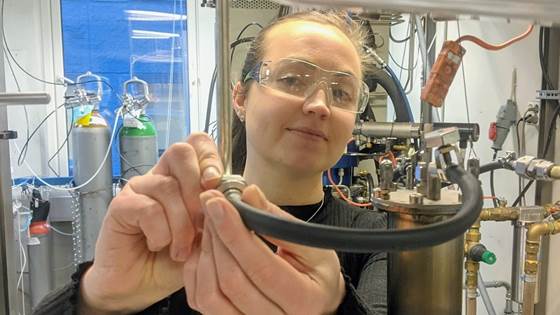
Metal production generates considerable emissions of greenhouse gases. But the type of ore used in production can make a big difference.
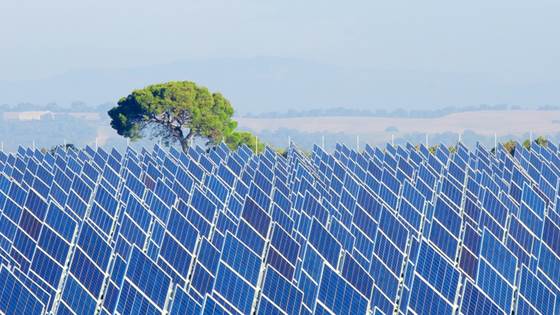
New discoveries are making silicon production cleaner, and solar cells of the future will become even more environmentally friendly.